Paramedics not welcome in Balochistan
Aid is often confiscated by political workers; relief workers are barred from helping victims.
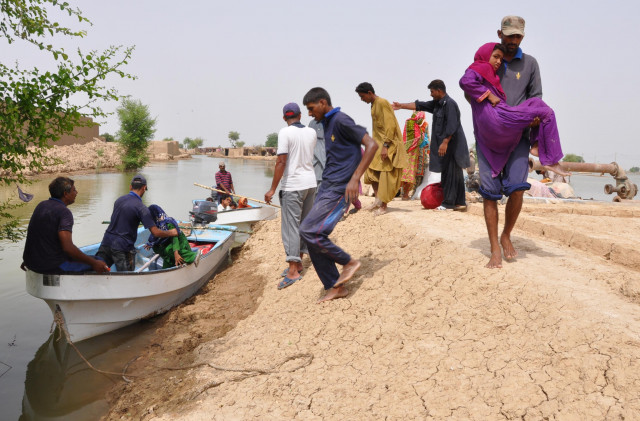
“We were only able to maintain our camp for four days after which people began warning us to leave their area,” says a lady health worker, Farah Naz, who is working with the Balochistan Rural Support Programme (BRSP), a non-governmental organisation. The medical team was providing services in the district where the July 28 flash floods inundated at least 40 villages, leaving over 500 people homeless.
When the paramedics didn’t heed the warning, on the fifth day men from the tribe attacked them with mortar shells, compelling them to seek refuge in a government office till they were rescued by other members of the BRSP team a few days later. The medical team is currently working in Usta Mohammad, a sub-division of Jafarabad district, the worst-hit district in the province.
According to relief workers, people in Kohlu were resentful that health services were only being provided to a handful of people and not to all members of the Marri tribe. “People in that district had been deprived of basic amenities even before the floods owing to the security situation. What they don’t understand is that we are not a substitute for the government,” explains Abdul Kareem, a field worker for BRSP. “We have limited food and medical supplies from UN and other humanitarian agencies. These are not even enough for all the flood-affected people, let alone other people in the province.”
For the 1.1 million internally displaced people in Balochistan, the provincial government has set up 67 camps across various districts, home secretary Akbar Durrani told The Express Tribune. In addition, international aid agencies such as the United Nations High Commissioner for Refugees and the Iranian Red Crescent, have also set up camps. Medical teams from Turkey and Germany are also working in the province, but on government premises and under the army’s protection.
However, relief workers complain that they are being barred from helping the victims on one pretext or another. “It is easy for the government to issue such statements because they are not present in the field to provide aid, especially in the sensitive areas,” says Fateh Shah, a local activist working at a food distribution point in Tambu tehsil, Naseerabad.
On behalf of the United States Agency for International Development and the World Food Programme, Shah and his team have been assigned to deliver food and non-edible items to 32,000 people in flood-hit areas. So far they have reached 24,000 people.
“Our relief trucks are often attacked by political workers,” says Shah. Over the past week, several of their drivers were allegedly attacked by workers from the Jamali and Umrani camps who wanted to take the relief goods to Rojhan Jamali to help their own people.
Relief goods are mostly hijacked in order to discourage humanitarian agencies from taking credit for relief and rehabilitation work, especially as most local MPAs and MNAs have failed to provide any kind of assistance to voters in their constituency, say observers.
Published in The Express Tribune, October 4th, 2010.



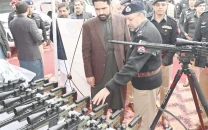
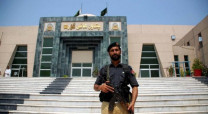
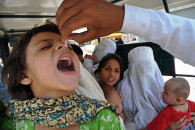
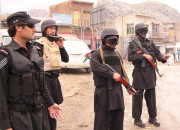












COMMENTS
Comments are moderated and generally will be posted if they are on-topic and not abusive.
For more information, please see our Comments FAQ